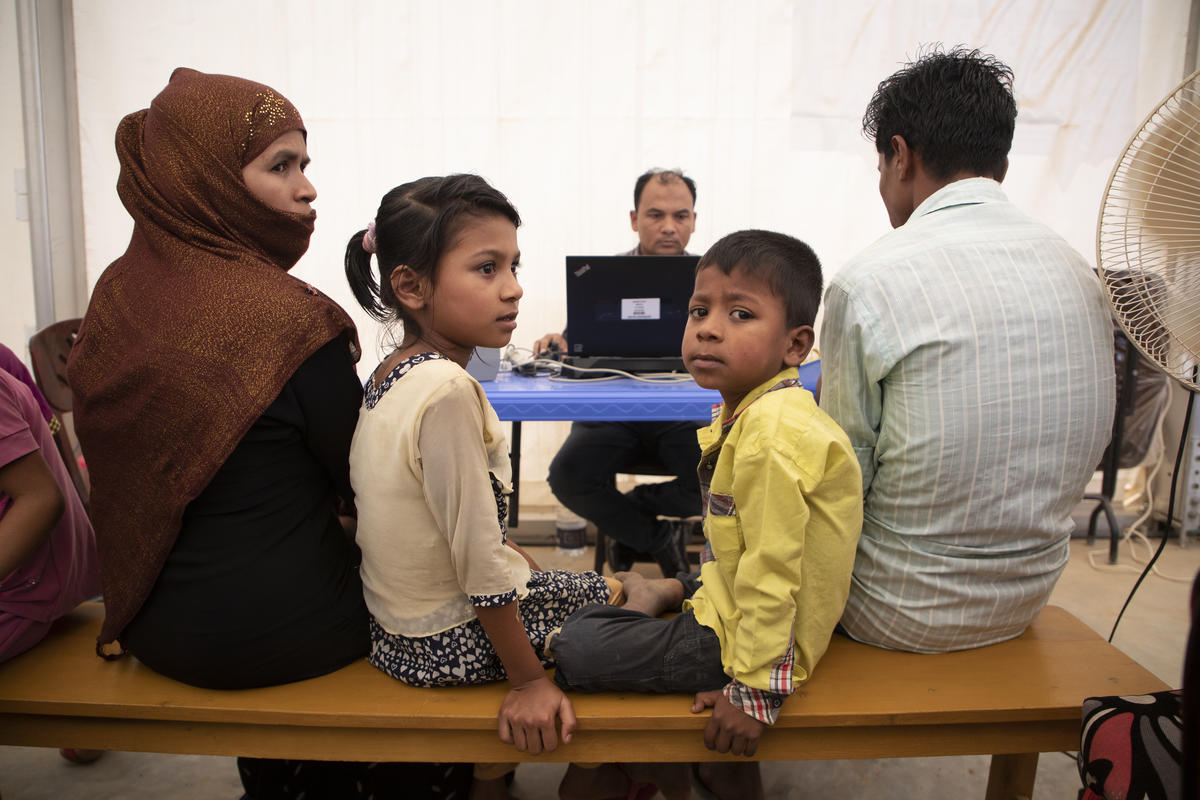Registration of Somali refugees in Kenya resumes
Registration of Somali refugees in Kenya resumes
After a two-week suspension, the registration of new Somali refugees seeking asylum in Kenya resumed early this week with the introduction of tougher measures to curb false asylum claims. By Thursday, a team of officials from Kenya's National Registration Bureau (NRB) which is targeting all asylum seekers over 15 years of age had completed the fingerprinting of 800 out of some 1,200 asylum seekers waiting in Liboi to be allowed into the country. The NRB was today expected to send the fingerprints to Nairobi for processing. The government, however, insists that the transfer of the asylum-seekers from Liboi to the camps in Dadaab, some 80 km away, will only be authorised once the fingerprints of the new arrivals have been matched against the country's records of registered persons. This process is expected to take another week. Only those without previous registration records will be transferred to the Dadaab camps.
Some of the people in Liboi have been waiting at the border town for more than two weeks following a government suspension of an operation to register and transfer Somali refugees from Liboi to the Dadaab camps. Kenyan authorities requested the suspension when it became evident that some Kenyan nationals were misrepresenting themselves as refugees, while some refugees who were already registered in the Dadaab camps were posing as new arrivals to get multiple registration documents and more assistance. We are launching an information campaign aimed at informing people living in and around the camps of the consequences of lodging false asylum claims. UNHCR is also making new arrangements to expand facilities at the reception centre in Liboi.
The number of new refugees arriving from Somalia has dropped significantly. Since the beginning of this week, immigration officials at the border have registered 203 new arrivals. There are, however reports of some 400 people waiting to cross the border from the Somali border town of Dobley, several kilometres from Liboi. Reasons for the decrease in arrivals include heavy rains that have made roads impassable, fear of fighting and unconfirmed reports that the Islamic Courts Union (ICU) is trying to stop people from crossing the border. Refugees say they have witnessed punitive actions by ICU including public whipping of "offenders" in Dobley.
Since the beginning of the year, some 32,000 Somali refugees have fled to neighbouring Kenya to escape rising insecurity in many parts of south and central Somalia. This new influx has pushed the total number of refugees in the three Dadaab camps to nearly 160,000.









